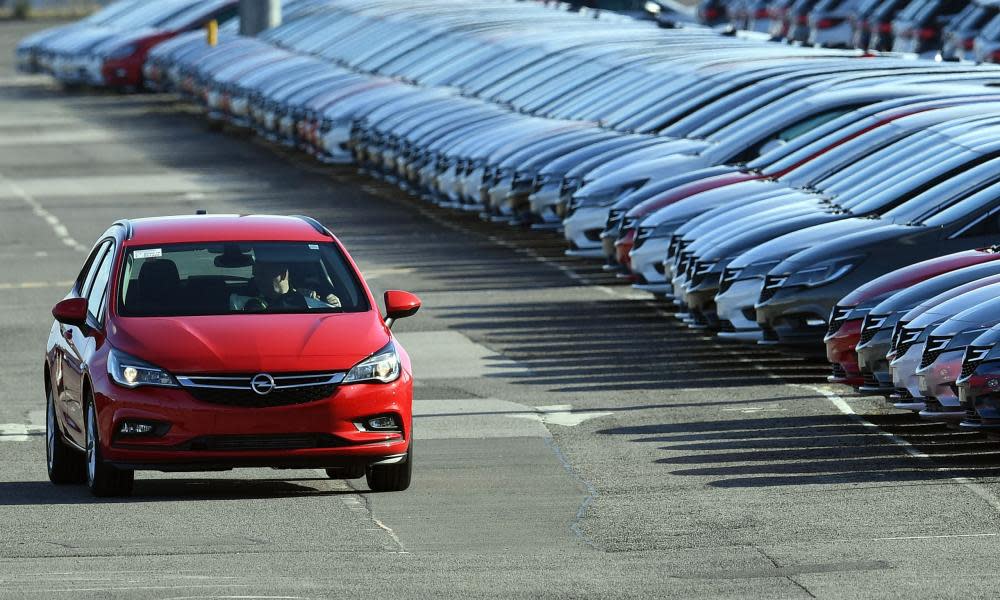Diesel decline and Brexit uncertainty push down UK car sales

Car sales in the UK declined by almost 7% in 2018, with consumer confidence declining ahead of Brexit and drivers increasingly unwilling to purchase new diesel models.
The total number of vehicles sold in the UK was 2.37 million, the lowest figure for five years and fewer than the annual total for 2007, before the financial crisis hit.
Sales of diesel cars in particular have plummeted on the back of air quality concerns and taxation changes, despite the industry’s insistence that the very newest vehicles have significantly reduced nitrogen oxide (NOx) and particulate emissions.
After 21 consecutive months of decline, manufacturers are selling 38% fewer diesel cars than at the peak. Diesel cars now make up less than 32% of the market, having been virtually at parity with petrol two years ago. Sales of petrol vehicles increased by 8%.
The Society of Motor Manufacturers and Traders forecast further declining sales in 2019, even without a hard Brexit – and warned that for the UK to leave the EU without a deal in March would be a catastrophe and “existential threat” for the industry.
Mike Hawes, the SMMT chief executive, said although some of the change in the car market could be cyclical, there was no doubt that business confidence had been shaken and that Brexit played a part: “The propensity for a big-ticket purchase is down – and the second-biggest ticket purchase is a new car.”
Hawes said sales had been affected by the introduction of more rigorous testing – worldwide harmonised light vehicles test procedures, or WLTPs in September – which had delayed some models coming to market.
Carbon emissions from new cars worsened by 3% in 2018 for the average vehicle. Hawes said this was due to a combination of revised test results, the drop in diesel sales, and consumers buying larger SUV models rather than family cars. He said the industry would have to “double down on efforts” to meet EU emission targets (which Britain has pledged to mirror after Brexit), whereby manufacturers have to cut the carbon dioxide (CO2) output of their cars to an average 95gm/km by 2021 or face huge fines.
Hawes said there were encouraging signs of take-up of alternatively fuelled vehicles, but pure electric cars remained only 0.7% of the overall market: “It shows the challenges the industry has if it is to meet the government’s aspirations.”
The SMMT forecasted a further 2% decline in sales in 2019, with a possible boost in the first three months if buyers sought to avoid tariffs that could apply in a no-deal Brexit, but said it was “incredibly difficult” to predict what would happen after 29 March. “No deal would be a catastrophe for this industry … Theresa May’s deal would give us breathing space,” Hawes said: “It’s about damage limitation.”
About 1,100 trucks a day come into the UK to bring parts directly to car assembly lines for “just-in-time” production processes, and manufacturers say warehousing would be unviable.
Hawes said the industry was facing a perfect storm, “causing considerable agitation and worry in boardrooms in the UK”, but argued that the declining sales were a wider problem than carmakers’ own self-interest. “Selling new vehicles is not just good for the industry – it’s good for the consumer, the environment and the exchequer. We need coherent policies to encourage that.”


